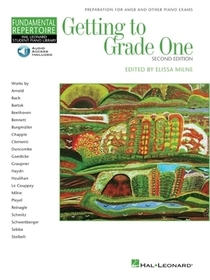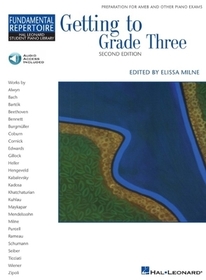
A Feminist, Queer Adventure Line – How Digital Games Create Radical Spaces
How Digital Games Create Radical Spaces
- Publisher's listprice GBP 32.00
-
15 288 Ft (14 560 Ft + 5% VAT)
The price is estimated because at the time of ordering we do not know what conversion rates will apply to HUF / product currency when the book arrives. In case HUF is weaker, the price increases slightly, in case HUF is stronger, the price goes lower slightly.
- Discount 10% (cc. 1 529 Ft off)
- Discounted price 13 759 Ft (13 104 Ft + 5% VAT)
Subcribe now and take benefit of a favourable price.
Subscribe
15 288 Ft

Availability
Not yet published.
Why don't you give exact delivery time?
Delivery time is estimated on our previous experiences. We give estimations only, because we order from outside Hungary, and the delivery time mainly depends on how quickly the publisher supplies the book. Faster or slower deliveries both happen, but we do our best to supply as quickly as possible.
Product details:
- Publisher John Wiley & Sons
- Date of Publication 4 December 2025
- ISBN 9780807185063
- Binding Hardback
- No. of pages180 pages
- Size 216x140x14 mm
- Weight 666 g
- Language English
- Illustrations 11 halftones 700
Categories
Long description:
In A Feminist, Queer Adventure Line, Ashley P. Jones explores how digital games can facilitate acts of political play and initiate change in the empirical world. Online harassment campaigns such as GamerGate expose the frequency with which hate speech is directed toward creators and players who identify with feminism or queerness and their allies. Change enacted specifically through feminist and queer gaming procedures and mechanics, as Jones shows, can offer opportunities for combating the marginalization and toxicity of some gaming experiences.
To expose the embedded ideologies within popular digital games, Jones focuses on the procedures and mechanics of embodiment, failure, queer futurity, and the coziness of feminist games. These interactive elements constitute crucial aspects of the play space and narratives of digital games, within both gaming cultures and the empirical world, as they point toward an acceptance of critical metagaming, a practice that encourages creators and players to think through, around, and within the games themselves. Throughout this process, the personal act of play becomes a political act of engagement via game mechanics and players' interpretations of them. Digital gaming, then, Jones argues, functions as a form of political action. Topics examined include how games and gaming culture can become more inclusive, the ways games invite participation from diverse groups of players, and the extent to which game design applies to ideological formations outside the digital world. Jones outlines these potentialities via playthroughs and case studies of popular games such as Hue, Life Is Strange 2, A Mortician's Tale, Outer Wilds, The Stanley Parable, Untitled Goose Game, and What Remains of Edith Finch.
Pushing the subversive potential of gaming in new directions, A Feminist, Queer Adventure Line shows that play can be a vehicle for education and that games have the potential to enact positive acceptance of feminist and queer ways of being.






